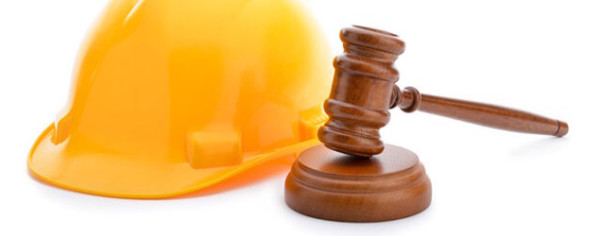Labor law concerns itself with the rights and privileges of employees and employers. It regulates the functioning of labor unions and organizations. Labor laws work on negotiating terms between the employees and management. Labor laws also consist of national labor relations’ board (NLRB) that imposes federal labor acts. Moreover, the state laws apply public personnel labor laws.
Historical Background Of Labor Laws
The emergence of labor laws can be dated back in the early 19th century, as a result of a strike carried by employees at various companies. The purpose of the strike was to demand better working conditions for the labor community. From there on, labor unions were formed to bargain workplace conditions with employers. Employers were not very responsive of labor unions giving birth to the labor laws that were later applied by the state.
Labor Laws Are Responsible For:
- A labor union organizes employees and groups them in a collective force that is accepted by the employer. Labor unions are recognized as the employees’ representative force by law.
- The union tries to bargain with the employer.
- In case of disagreements between the employer and the labor union, labor laws lay down certain rules that deal with rights and obligations of the employees and the employers respectively.
Labor laws are not envisioned to come in way with an employer’s standard practice of discretion in appointment and dismissal of employees. An employer may strictly hire an individual on the basis of their skills and worth to the organization. Labor laws do not interfere with the hiring and firing decisions of an employer. Denial to appoint a candidate due to labor union interference is declared as ‘unfair labor practice’ discussed below in the article.
What Is Collective Bargaining?
The procedure in which the employers and the employees discuss salaries or wages, work hours and any other terms and conditions associated with the work being done is called collective bargaining. The labor union, on behalf of the employees and the employer, is required to represent a bargain in each party’s good faith.
The rudimentary objective of collective bargaining is to foster industrial harmony and to ensure peaceful relationships among the employers and employees. It is mandatory upon both parties to reach a mutually agreeable decision. It is their responsibility to overcome differences and reach a unanimous decision acceptable to all. However, the parties are not under any compulsion to enter a contract.
Unfair Labor Practice
Any activity on behalf of the employer that impedes the labor unions right to exercise collective bargaining is an unfair labor practice. Such meddling and coercive behavior can be expressed in the form of threats, unjustified payments to employees and false promises etc. On the other hand, a labor union commits an unfair practice when it imposes a decision upon the employer with regard to the appointment, termination or any sort of prejudice against an employee.
There must be neutrality between the labor unions and the employer to ensure fair and just labor practices that bodes well for the employer as well as the employees.
Fia Lean is a labor law attorney currently practicing in a law firm. Her expertise in this field of law is worth mentioning. Not only has she studied the labor laws in thorough detail but has assisted distressed employees understand them better, in times of need. She believes good lawyers, like those at http://www.djpsolicitors.com, are a boon to the society.

